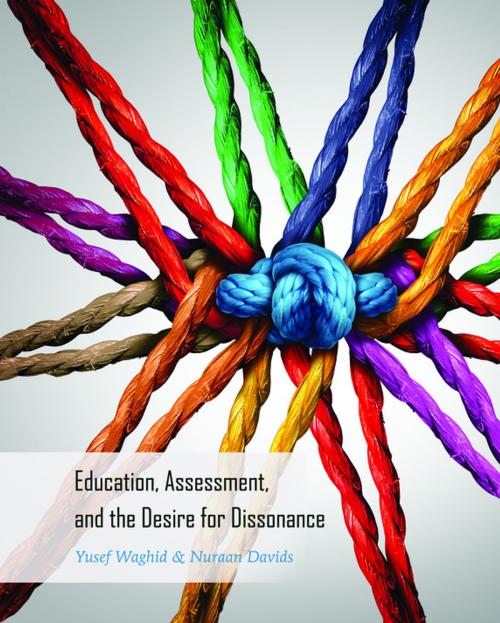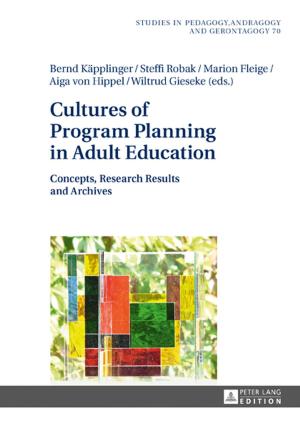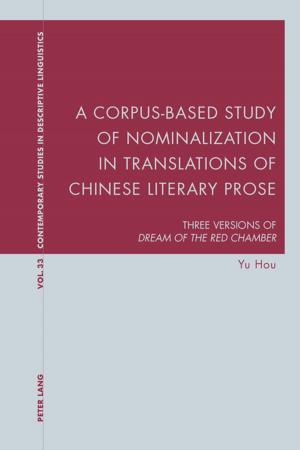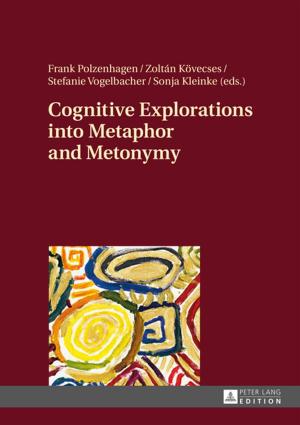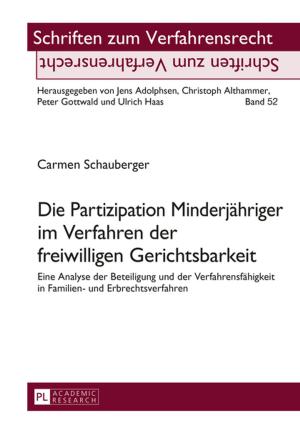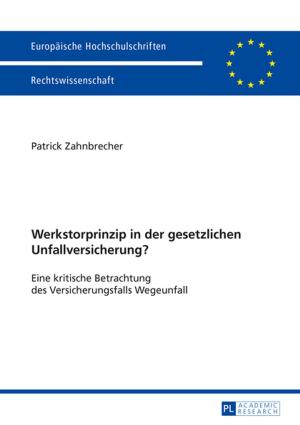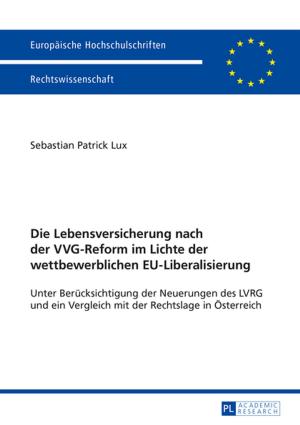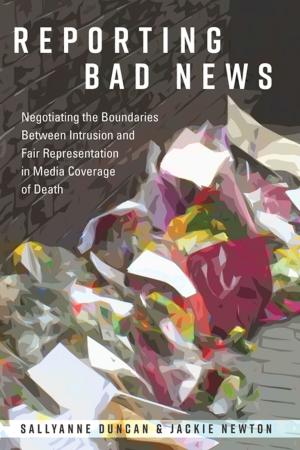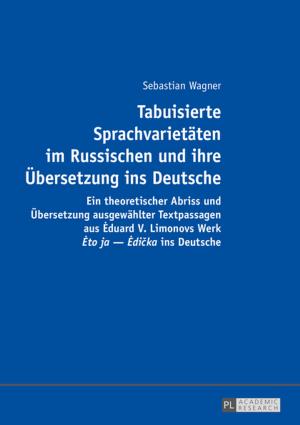Education, Assessment, and the Desire for Dissonance
Nonfiction, Reference & Language, Education & Teaching, Special Education, Experimental Methods, Computers, Advanced Computing, Computer Science| Author: | Nuraan Davids, Yusef Waghid | ISBN: | 9781433140464 |
| Publisher: | Peter Lang | Publication: | May 24, 2017 |
| Imprint: | Peter Lang Inc., International Academic Publishers | Language: | English |
| Author: | Nuraan Davids, Yusef Waghid |
| ISBN: | 9781433140464 |
| Publisher: | Peter Lang |
| Publication: | May 24, 2017 |
| Imprint: | Peter Lang Inc., International Academic Publishers |
| Language: | English |
Education, Assessment, and the Desire for Dissonance aims to address the contentious practice of assessment in schools and universities within a poststructuralist educational paradigm. Within the theoretical paradigm of Foucault’s (1994) notions of governmentality, subjectification and dissonance, the book examines why, through which and in which ways (how) educational assessment should unfold considering the challenges of globalized and cosmopolitan dimensions of educational change that have beset educational institutions. Waghid and Davids show how conceptual derivatives of Foucauldian governmentality, in particular the notions of power, panopticon and surveillance, dispositive, freedom and resistance—as relational concepts—affect assessment in universities and schools. The authors argue why universities and schools cannot be complacent or non-responsive to current understandings and practices of assessment. In the main, the authors contend that a Foucauldian notion of powerful, subjectified and dissonant assessment can, firstly, be extended to an Agambenian (2011) notion of a profane, denudified and rhythmic form of assessment; and secondly, be enhanced by a Derridian (1997) idea of friendship that bridges a Foucauldian view of governmental assessment with an Agambenian view of ethical assessment. Friendship allows people to act responsibly towards one another—that is, teachers and students acting responsibility towards one another—and resonates with an ongoing pursuit of rhythmic assessment practices. Such a form of assessment opens up an attentiveness to the incalculable and unexpected encounters that bear the responsibility of acting with one another. The authors conclude that an assessment with teaching and learning can transcend the limitations of an assessment of learning and an assessment for learning.
Education, Assessment, and the Desire for Dissonance aims to address the contentious practice of assessment in schools and universities within a poststructuralist educational paradigm. Within the theoretical paradigm of Foucault’s (1994) notions of governmentality, subjectification and dissonance, the book examines why, through which and in which ways (how) educational assessment should unfold considering the challenges of globalized and cosmopolitan dimensions of educational change that have beset educational institutions. Waghid and Davids show how conceptual derivatives of Foucauldian governmentality, in particular the notions of power, panopticon and surveillance, dispositive, freedom and resistance—as relational concepts—affect assessment in universities and schools. The authors argue why universities and schools cannot be complacent or non-responsive to current understandings and practices of assessment. In the main, the authors contend that a Foucauldian notion of powerful, subjectified and dissonant assessment can, firstly, be extended to an Agambenian (2011) notion of a profane, denudified and rhythmic form of assessment; and secondly, be enhanced by a Derridian (1997) idea of friendship that bridges a Foucauldian view of governmental assessment with an Agambenian view of ethical assessment. Friendship allows people to act responsibly towards one another—that is, teachers and students acting responsibility towards one another—and resonates with an ongoing pursuit of rhythmic assessment practices. Such a form of assessment opens up an attentiveness to the incalculable and unexpected encounters that bear the responsibility of acting with one another. The authors conclude that an assessment with teaching and learning can transcend the limitations of an assessment of learning and an assessment for learning.
